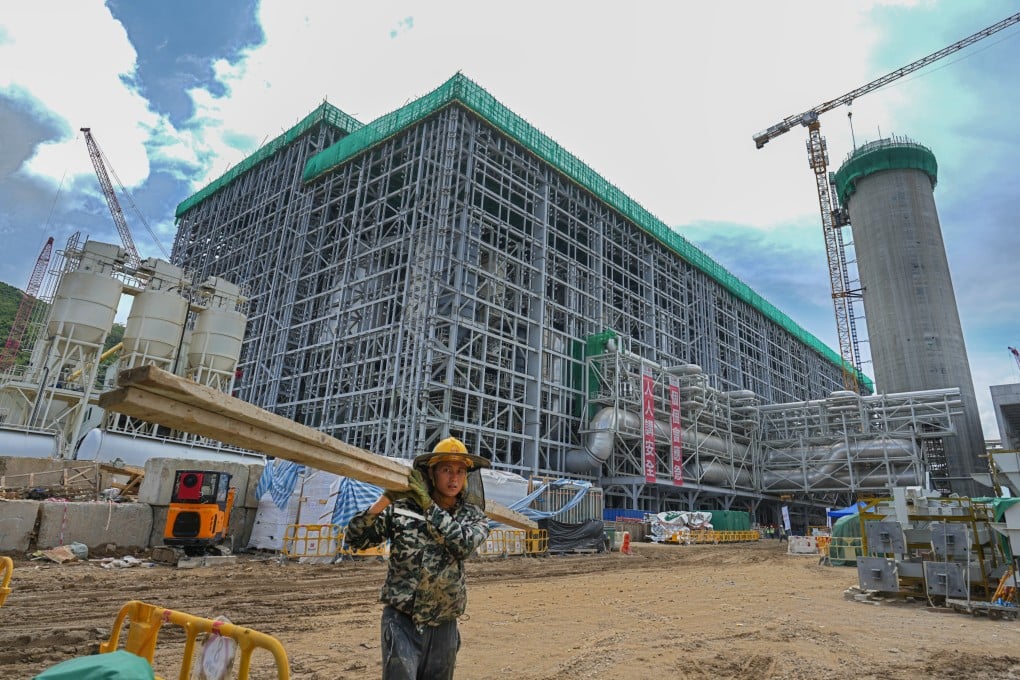Opinion | Hong Kong needs more than an incinerator to achieve its zero waste goal
- Lessons from cities such as Tokyo and Taipei can help Hong Kong adopt a holistic approach to waste management

An incinerator is not a waste disposer. Incineration serves to reduce mass and volume. There is still the problem of the non-combustible waste residue, which is almost 10 per cent of the original volume. This is where a landfill is useful – to bury the output from the incineration process, inert bottom ash.
If we had built an incinerator 10 years ago, Hong Kong might have extended the lives of our three strategic landfill sites by at least 10 years. In other places, bottom ash is used as filler for construction materials. In Singapore, which has at least four incinerators, it may soon be used for marine reclamation.
The waste processing capacity of I·PARK1 is 3,000 tonnes of waste per day. When I·PARK 2 comes on line, Hong Kong’s capacity could increase to 9,000 tonnes per day. According to the Environmental Protection Department’s data on waste, we produce 15,725 tonnes per day, so we are still short of dealing with all of Hong Kong’s solid municipal waste.

